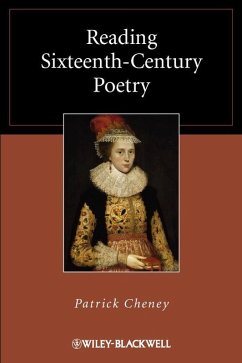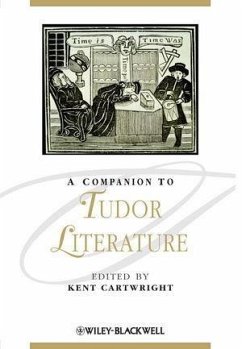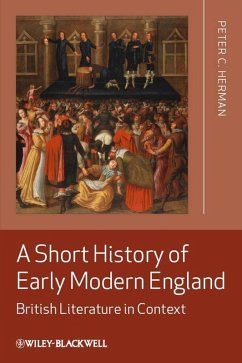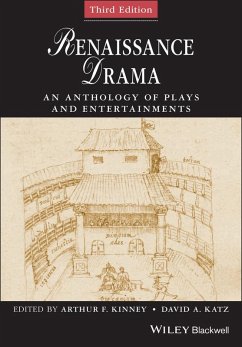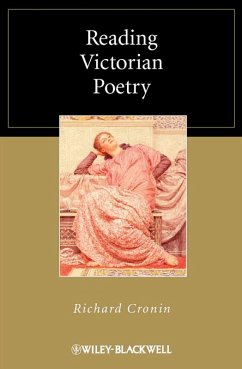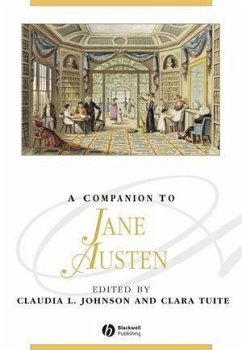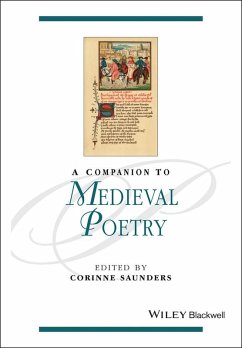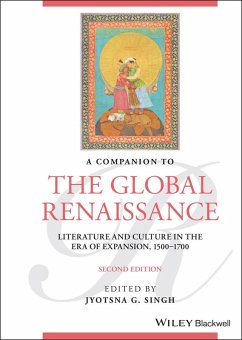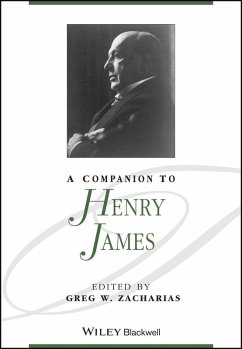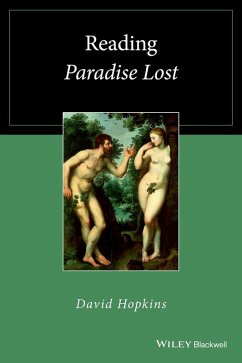
Reading Sixteenth-Century Poetry (eBook, PDF)
Versandkostenfrei!
Sofort per Download lieferbar
30,99 €
inkl. MwSt.
Weitere Ausgaben:

PAYBACK Punkte
0 °P sammeln!
Reading Sixteenth-Century Poetry combines close readings of individual poems with a critical consideration of the historical context in which they were written. Informative and original, this book has been carefully designed to enable readers to understand, enjoy, and be inspired by sixteenth-century poetry. * Close reading of a wide variety of sixteenth-century poems, canonical and non-canonical, by men and by women, from print and manuscript culture, across the major literary modes and genres * Poems read within their historical context, with reference to five major cultural revolutions: Ren...
Reading Sixteenth-Century Poetry combines close readings of individual poems with a critical consideration of the historical context in which they were written. Informative and original, this book has been carefully designed to enable readers to understand, enjoy, and be inspired by sixteenth-century poetry. * Close reading of a wide variety of sixteenth-century poems, canonical and non-canonical, by men and by women, from print and manuscript culture, across the major literary modes and genres * Poems read within their historical context, with reference to five major cultural revolutions: Renaissance humanism, the Reformation, the modern nation-state, companionate marriage, and the scientific revolution * Offers in-depth discussion of Skelton, Wyatt, Surrey, Isabella Whitney, Gascoigne, Philip Sidney, Spenser, Marlowe, Mary Sidney Herbert, Donne, and Shakespeare * Presents a separate study of all five of Shakespeare's major poems - Venus and Adonis, The Rape of Lucrece, 'The Phoenix and Turtle,' the Sonnets, and A Lover's Complaint- in the context of his dramatic career * Discusses major works of literary criticism by Plato, Aristotle, Horace, Longinus, Philip Sidney, George Puttenham, Percy Bysshe Shelley, Seamus Heaney, Adrienne Rich, and Helen Vendler
Dieser Download kann aus rechtlichen Gründen nur mit Rechnungsadresse in A, B, BG, CY, CZ, D, DK, EW, E, FIN, F, GR, HR, H, IRL, I, LT, L, LR, M, NL, PL, P, R, S, SLO, SK ausgeliefert werden.




